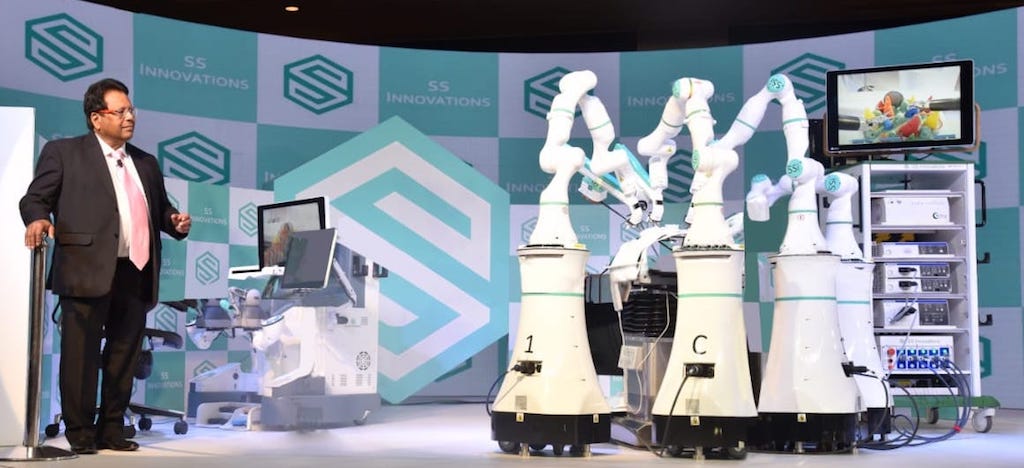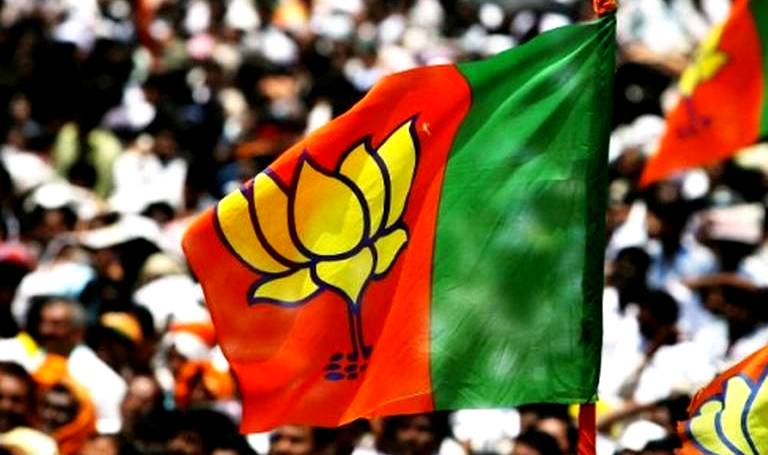Soutik Biswas
India has more than 10,500 drug makers with a domestic turnover of nearly $9bn.
Yet, something is rotten with the way drugs are tested and sold in the country.
A parliamentary panel investigation has found serious issues with the way approvals for foreign drugs are given and clinical trials are being carried out. Here are some of the startling findings:
- Of the 42 drugs picked up randomly for scrutiny by the panel, the health ministry could not provide any documents on three drugs – pefloxacin, lomefloxacin and sparfloxacin. Reason: their files were untraceable. The documents related to sponsors, clinical trials, overseas regulatory status, names of experts consulted and post-marketing safety reports. “All these drugs had been approved on different dates and different years creating doubt if disappearance was accidental,” says the report, adding that all these were “controversial” drugs: one was never marketed in the US, Canada, Britain, Australia and other countries, while the other two were discontinued. All three drugs are being sold in India.
- Of the 39 drugs on which information was available, the panel found that in the case of 18 drugs, adequate clinical trials had not been conducted – many of the drugs had been tested on fewer patients and in fewer hospitals than what is legally mandated.
- There are 13 drugs which were not sold in much of the developed world, and the report said none of these drugs “have any special or specific relevance to the medical needs of India”.
- In the case of 25 drugs, the opinion of medically qualified experts was not obtained before approval.
- A total of 31 new drugs, by the health ministry’s own admission, were approved between January 2008 and October 2010 without conducting clinical trials on Indian patients. The ministry says that the authorities have the power to approve drugs without clinical trials in the public interest. “No explanation,” the report says, “is available as to what constitutes public interest.”
- Every month, on average, the authorities say, one drug is approved in India without trials.
- A review of expert opinion on various drugs showed that an “overwhelming majority are recommendations based on personal perception without giving any hard scientific evidence or data”. More shockingly, the panel found adequate evidence to conclude that “many opinions were actually written by the invisible hands of drug manufacturers and experts merely obliged by putting their signatures”.
- The panel believes that there is “sufficient evidence to conclude that there is collusive nexus” between drug makers, authorities and some medical experts.
This is not all. The panel expresses concern over the continued sale of potentially harmful drugs in India years after such products were banned or withdrawn in developed countries and the prevalence of “sub-standard” – 7-8% of total sales – in the market. Is India condemned to becoming a dumping ground for drugs?
PS: The government has now announced an investigation into the workings of India’s main drug regulator, days after the panel’s report. Three experts have been appointed to “look at the scientific basis of approving new drugs without clinical trials” and recommend ways of improving the way the Central Drugs Standard Control Organisation (CDSO) works. One report says that global drug makers could also face new US scrutiny following this damning 78-page report.
(This article was first published in BBC)
The views expressed in this article are the author’s own and do not necessarily reflect BH’s editorial policy.









